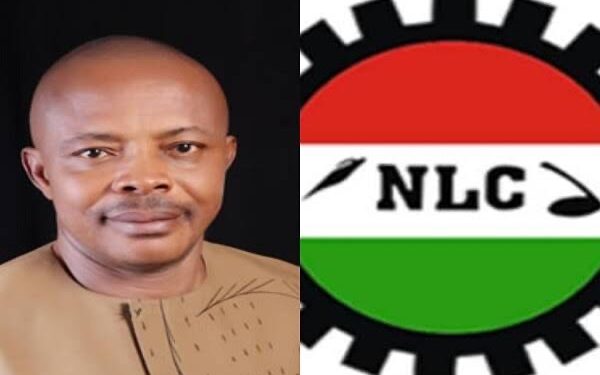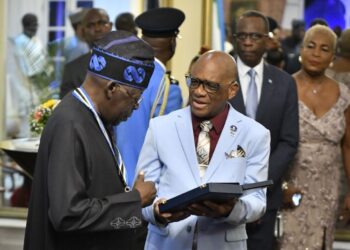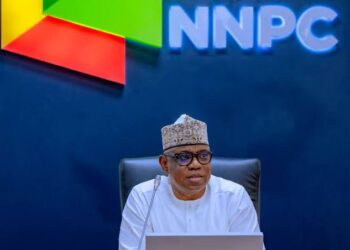The National Labour Congress (NLC) has expressed its concern over the unconstitutional interference of governors in the negotiation of the national minimum wage.
During an interview on Monday, the Head of Information and Public Affairs for the Nigerian Labour Congress (NLC), Benson Upah, expressed the union’s unwavering commitment to resist any attempt by state governors to meddle in the process of setting a new minimum wage.
He explained, “The process for establishing a national minimum wage involves three key parties – labour, employers, and the government. Currently, the government is assuming a dual role as both employer and mediator.
“Governors have been actively involved in this process, and for some of them to attempt to withdraw from the national team (under the government’s umbrella) would be detrimental to the overall process. It would be considered an act of betrayal and disloyalty, as they are fully aware of their role within the government team. The process is tripartite in nature, and they do not possess the constitutional authority to take control.”
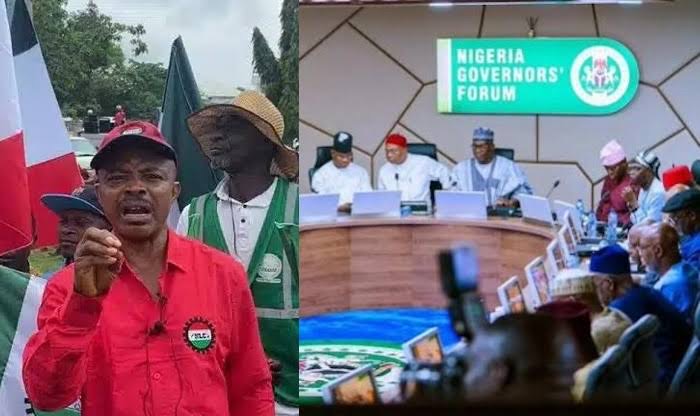
Upah highlighted that the primary challenges in the minimum wage negotiation with the government are “prioritization and political determination.”
He emphasized that Nigeria has followed this process since 1961 and characterized the governors’ push to lead the negotiation as “completely illogical.”
He cautioned that placing labour under the concurrent list might result in a proliferation of laws, complicating the legal framework for investors.
“Labour was placed on the exclusive list to ensure a certain level of consistency in the application of labor laws, making it more convenient for investors to navigate labor-related matters without having to contend with multiple laws,” he explained.
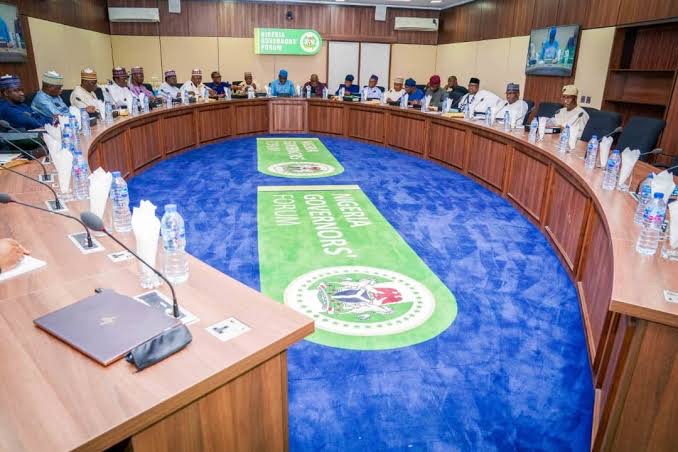
Upah also pointed out the potential negative socioeconomic impacts if states were given the authority to set their own minimum wages.
He stated, “If labor is placed on the concurrent list, some states might opt to pay as little as N5,000, reflecting a disregard for the importance of labor. This would have adverse socioeconomic effects, impacting security, livelihoods, and overall citizen well-being.”
Upah reiterated the NLC’s dedication to its protests and underscored the lessons learned from previous negotiations.
He remarked, “It would be unjust to claim that we did not follow through with our protests. We placed our trust in our leaders and the administration. However, we have learned from past experiences. We trusted the administration in good faith, which led us back to the negotiation table.”
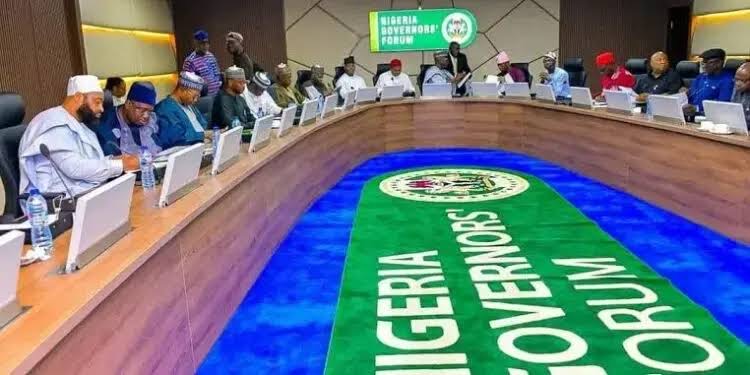
Despite the federal government’s warning to the NLC and organized labor about the potential rise in retrenchment due to a high minimum wage, Upah dismissed this as “an act of coercion.”
“We have countered this by labeling it as coercion. We have presented statistical evidence indicating that the funds allocated have significantly increased. The real issue lies in prioritization and political commitment. Labor is not being uncooperative; we are being rational. We understand the repercussions of creating a community of working poor individuals,” Upah emphasized.
He criticized the governors spearheading the initiative to alter the minimum wage negotiation process.
Upah referred to them as a “vocal minority” and accused them of acting in bad faith. “The governors pushing for this change need to reconsider their stance. They represent a small but vocal faction, and we are well aware of their motives,” he concluded.


